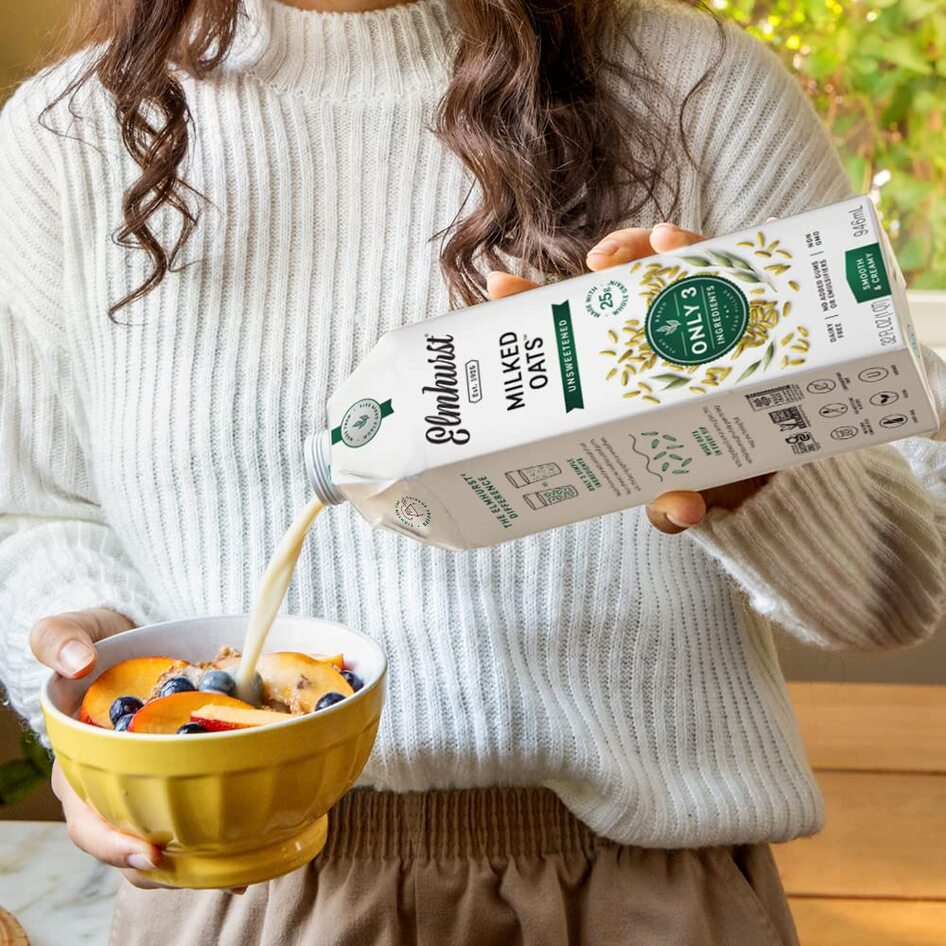5 Vegan Responses When Your Health Teacher Tells You to Eat Meat
If you’re a vegan high school student, health class just might be the hardest course to pass.
March 17, 2018
In order to graduate from high school, students have to meet certain graduation requirements that differ depending on where those pupils live. Luckily, so far, I haven’t had any problems meeting any of the requirements, but, similar to other vegan students, health class hasn’t always been easy. My situation is ironic because plant-based lifestyles are synonymous with improved health, which means health class should be an easy A, right? Wrong, as the information we learn in class is often at odds with what we know to be true. While students learn plenty of solid information in health class, the constant promotion of the consumption of eggs, lean meats, and low-fat milks, needless to say, in direct conflict with vegan ethics and beliefs. Even worse are those teachers who find out they have vegan students and try to convince their pupils to eat animal products. So, what’s a vegan teen in health class to do? Be prepared, that’s what! Here are some things a teacher might say as a means of debunking veganism, but little do they know that you’ll be ready with plenty of fact-based retorts during your next classroom debate.
1. You need meat for protein
This one is a health teacher classic, but the only thing that is true in this statement is that you need protein. Fortunately, you can remind your teacher that there are plenty of plant based proteins that nourish your body without having to eat animals. For example, a half-cup of legumes contains approximately 20 grams of protein and is great for digestive health. Also, not a lot of people know that vegetables also have protein. For instance, one cup of broccoli contains three grams of protein and is full of fiber. Soy is also a great source of plant protein. Finally, when your teacher tells the class that eating meat is necessary for protein, feel free to share this guide and remind your instructor that meat consumption is associated with major health problems such as kidney disease, cancer, and osteoporosis.
2. Cow milk = healthy bones
For some reason, teachers forget that cow’s milk is created to support a growing baby cow and is most definitely not for human consumption. Also, dairy milks tend to disagree with our bodies and can cause bloating, stomach pains, and acne. And don’t forget lactose intolerance. With so much information regarding the negative effects of cow’s milk, it’s no wonder that plant-based milks have grown in popularity recently. As a healthier alternative to cow’s milk, soy, almond, coconut, and rice milks taste great, and don’t harm animals.
3. B-12 comes from meat
While it’s true that humans need B-12, it’s completely false that meat is the only way to get this vitamin. Vitamin B-12 primarily comes from animal flesh and is needed for optimal health, but humans have to remember that we have ethical options. So, rather than kill an animal to get B-12, students can remind teachers that vegan B-12 supplements exist, and they don’t hurt animals.
4. You need to eat fish to get omega fatty acids
Health students or not, a lot of people are surprised when they discover that vegans can consume omega fatty acids without eating fish. Flax seeds, chia, and hemp seeds are full of omega-3 fatty acids and are better for our overall health. For instance, fish consumption has been linked to mental disorders, depression, and suicide. Furthermore, fish are necessary to protect and preserve the ecosystems in our oceans and other bodies of water, and if we keep removing them our waterways in large amounts for selfish reasons, they could become extinct in the near future.
5. You need healthy fat in your diet
This statement is completely true. What’s not true is that healthy fat has to come from dead animals, as foods such as avocados, nuts, and seeds contain healthy unsaturated fats that are good for our bodies. In addition, soy contains healthy fat as well, while plant-based fats also come with plenty of vitamins, fiber, and nutrients. So, feel free to remind your teacher of this, while explaining how animal fat can lead to increased levels of cholesterol and clogged arteries because it contains high amounts of saturated fat that are solid at room temperature. With time, this saturated fat begins to accumulate and clog the arteries, which can cause heart attacks.
Ana Sofia Rodriguez is a vegan teen journalist who likes to write about fashion, culture, and anything else her mind can come up with.
JUMP TO ... Latest News | Recipes | Guides | Health | Subscribe







